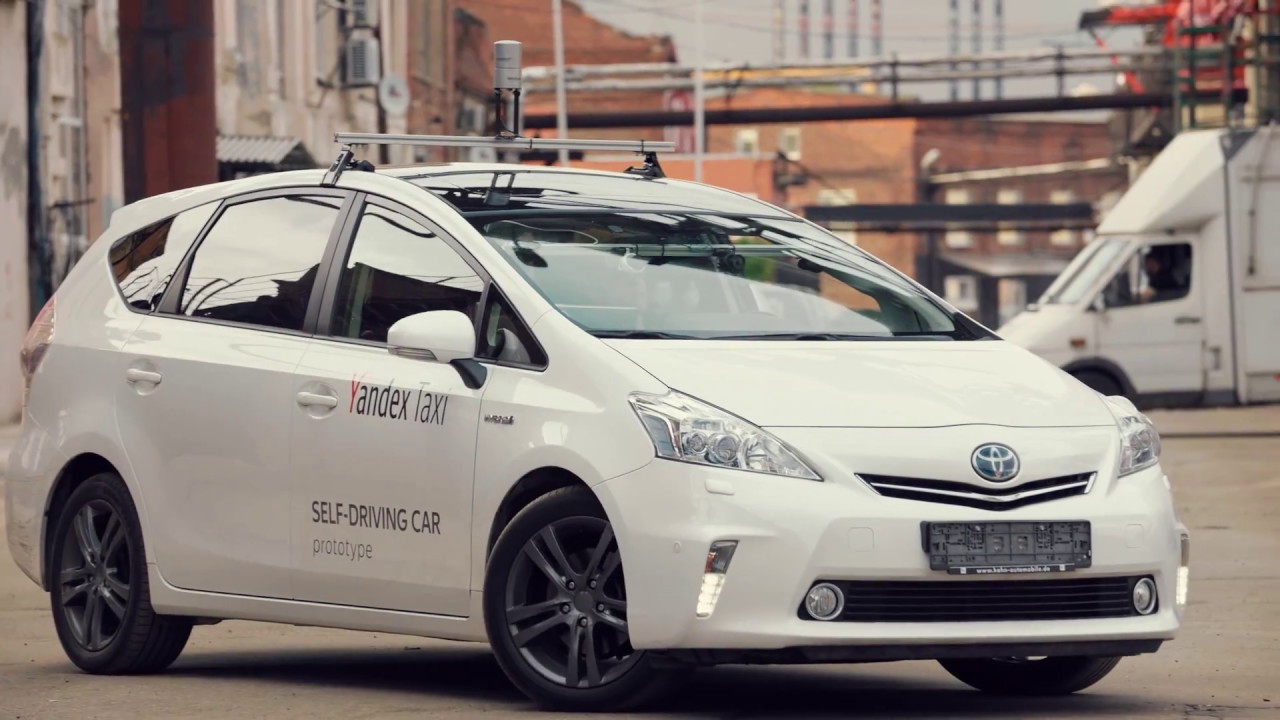

Almost a year after selling its Chinese business to rival Didi Chuxing, Uber is stepping back from another large foreign market.
Uber is merging its Russian operations with local tech giant Yandex, the two companies announced in a press release. The new corporate entity will operate in 127 cities in six countries (Russia, Azerbaijan, Armenia, Belarus, Georgia, and Kazakhstan) and will be worth $3.725 billion, Uber and Yandex said.
The deal gives Yandex a majority stake of 59.3 percent in the new company, while Uber will hold a 36.6 percent stake (the remaining shares are held by employees). Yandex will invest $100 million, while Uber will invest $225 million. Current full-time Uber employees in the six countries involved will transfer to the new company, which hasn’t been given a name yet.
As in China, Uber is ceding its Russia business because it is in a weaker position than its local rival, Yandex, a ride-sharing service with gross annual bookings of $1.01 billion compared to $566 million for Uber, according to Bloomberg. Yandex also has a large database of maps from its Yandex.Navigator and Yandex.Maps services, which may give it an advantage over Uber, which began operating in Russia in 2014.
Like Uber, Yandex is working to develop self-driving cars. It unveiled a prototype autonomous Toyota Prius V in May, and hopes to begin testing the car on public roads next year. Yandex believes its trove of digital map data will make developing self-driving cars easier, and plans to launch an autonomous taxi service at an unspecified date.
As it retreats abroad, Uber continues to face scandals at home. CEO Travis Kalanick and board member David Bonderman recently resigned in the fallout from an investigation into sexual harassment, and the company is still locked in a legal battle with Waymo, which alleges that Uber illegally used that company’s self-driving car trade secrets.